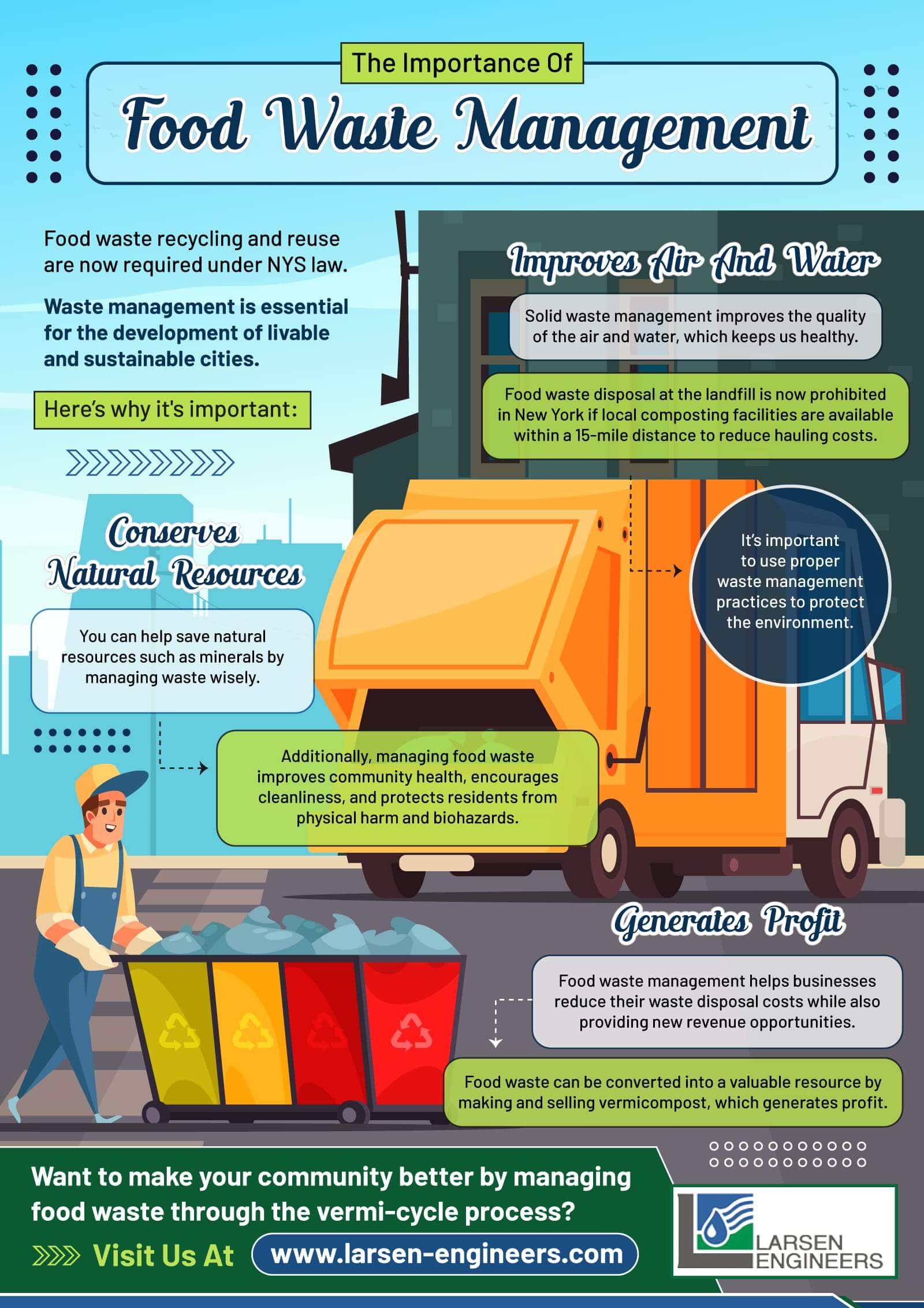About Reclaim Waste
About Reclaim Waste
Blog Article
The 4-Minute Rule for Reclaim Waste
Table of ContentsThe 2-Minute Rule for Reclaim WasteWhat Does Reclaim Waste Do?Reclaim Waste Can Be Fun For EveryoneRumored Buzz on Reclaim WasteGetting The Reclaim Waste To Work
Discover the types, occurrences, and kinds of fluid waste. Domestic sewer waste describes the waste and products from a property septic container. This sort of waste is developed by human beings in residences, institutions, and other buildings. This only includes septic containers that have a drainpipe field. The appropriate administration and disposal of domestic sewer waste need liquid waste to be moved to a sewage treatment plant where the proper approaches and tools are related to purify and take care of waste.
Commercial waste often consists of prospective risks, such as combustible products or a blend of fluid and strong waste products, and needs an extra innovative and comprehensive disposal process. The disposal of commercial waste commonly involves the purification of waste before transportation to make certain safe and correct disposal. Industrial waste is produced from results and runoff of industrial procedures and production.
This type of waste can not make use of the exact same sewage monitoring transportation or procedures as septic or industrial fluids. The hazardous waste monitoring procedure calls for the assessment and testing of liquid waste before it goes through the disposal procedure (liquid waste disposal). Drainage waste is the fluid waste that originates from runoff and excess stormwater in highly inhabited areas or cities
Overflow waste can cause contamination and flooding if not taken care of properly. Find out more regarding drain cleaning and waste administration. Making certain correct waste monitoring can protect against disasters and decrease environmental damage. Both individuals in household setups and specialists in business or production markets can take advantage of understanding the procedures and policies of liquid waste administration.
Unknown Facts About Reclaim Waste
Get in touch with PROS Providers today to learn more about our waste management and disposal solutions and the proper means to take care of the liquid waste you generate.
(https://reclaimwaste1.blog.ss-blog.jp/2024-11-12?1731425991)Do you recognize what happens to your water when you draw the plug, purge the bathroom or drain the cleaning device? No? Well, it deserves knowing. This so-called 'wastewater' is not just an essential resource however, after therapy, will be launched to our land, waterways or the ocean. Utilized water from toilets, showers, bathrooms, kitchen sinks, laundries and industrial processes is understood as wastewater.

water utilized to cool down machinery or tidy plant and equipment). Stormwater, a kind of wastewater, is runoff that moves from agricultural and metropolitan locations such as roof coverings, parks, gardens, roadways, courses and gutters into stormwater drains pipes, after rain. Stormwater flows unattended directly to regional creeks or rivers, eventually reaching the sea.
Little Known Questions About Reclaim Waste.
In Queensland, many wastewater is treated at sewer therapy plants. Wastewater is moved from domestic or industrial sites through a system of drains and pump terminals, recognized as sewage reticulation, to a sewer therapy plant. City governments build, maintain and operate most sewage treatment plants. Operators are accredited under the Environmental Defense Act 1994 to release cured wastewater at an appropriate ecological criterion into waterways.
The Division of Natural Resources encourages city governments about managing, operating and keeping sewerage systems and treatment plants. In unsewered locations, city governments may need owners to mount specific or house sewage therapy systems to treat residential wastewater from toilets, kitchens, shower rooms and laundries. The Department of Natural Resources authorises using house address systems when they are confirmed to be reliable.
In some brand-new communities, therapy of some stormwater to remove litter, sand and crushed rock has started making use of gross contaminant traps. Wastewater therapy happens in 4 stages: Removes strong matter.
Makes use of little living organisms understands as micro-organisms to break down and remove staying liquified wastes and great particles. Micro-organisms and wastes are integrated in the sludge.
The Greatest Guide To Reclaim Waste
Nutrient elimination is not readily available in all sewage treatment plants because it requires costly specialized tools. It is coming to be much more typical in Queensland. Clear liquid effluent produced after treatment may still contain disease-causing micro-organisms. If this effluent is released right into rivers such as rivers or the sea, the micro-organisms will at some point pass away out.

This usually suggests wastewater has actually to be treated or contaminants removed before it can be released to rivers. Most wastewater flows into the sewage system. Under the Act, city governments administer authorizations and permits for eco pertinent tasks (ERAs) including wastewater launches that could have a local influence. The division provides authorizations and permits to Periods entailing wastewater releases that could have a local or statewide influence.
The Buzz on Reclaim Waste
Monitoring offers accurate details concerning water quality and can verify that permit problems are being fulfilled. The details gotten via monitoring offers the basis for making water quality decisions.
Report this page